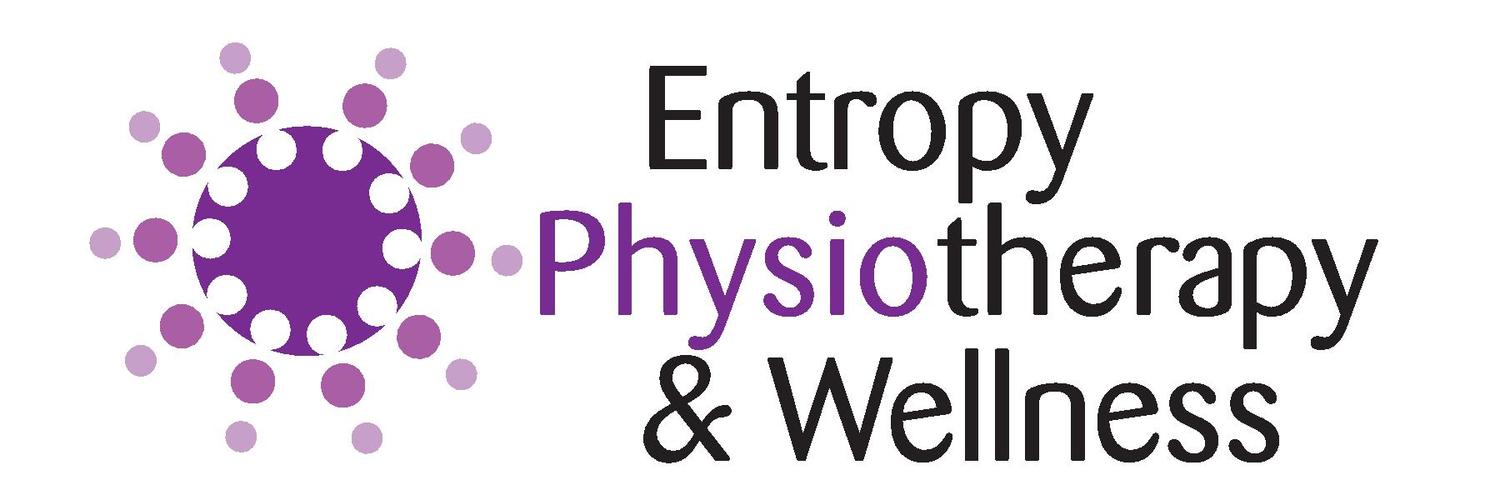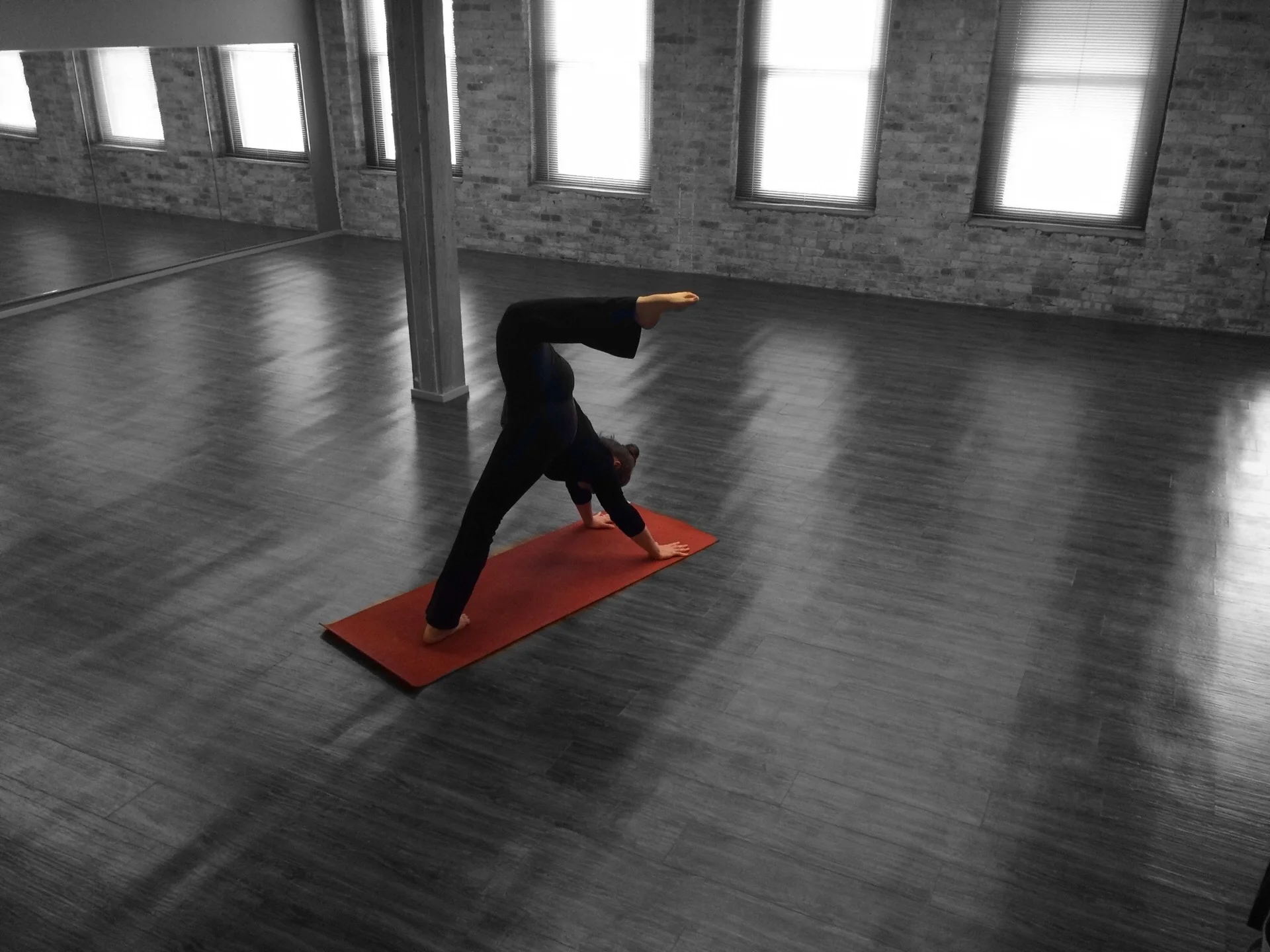Urinary Incontinence Urinary Incontinence is the involuntary loss of urine, and contrary to popular belief or what you may hear on TV or from your friends/family or even your doctor, it is not normal!
- it is not just part of being a woman
- it does not always happens after having a baby
- it does not have to be something you suffer with
- men can have incontinence too!!!
We don’t want you to think it has to last at all! The best research says that stress and urge incontinence respond to accurately done pelvic health physical therapy. Sandy and Sarah both are experts at working with all types of incontinence and will provide you with individual, private and accurate therapy! The evidence also says most people will eliminate their symptoms in 12 visits (one time per week): Many people need less, some need a bit more. But either way – you are NOT stuck needing pads for the rest of your life!
There are several types of urinary incontinence. One is stress incontinence. This is the loss of urine during activity or when there is an increase in intra-abdominal pressure. When you’re laughing with your friends, it is not normal to pee your pants. It is also not normal to leak urine when you sneeze, cough, lift the groceries or your child, run or jump. This type of incontinence can usually GO AWAY with properly evaluated muscle function and then retraining. This is what an expert Physical Therapist can do for you.
Urge incontinence, also called ‘overactive bladder’, is very different that stress incontinence. Urge incontinence happens when you ‘gotta go right now’, and don’t make it to the bathroom before you start to leak. Or if you find yourself going to the bathroom every hour (or more frequently) in order to avoid those rushed situations.
Some women end up experiencing a combination of BOTH types of incontinence together, and this is called mixed incontinence.
Regardless of which type of incontinence you may be experiencing, the therapists at Entropy Physiotherapy can help assess your pelvic floor function and bladder habits, and identify ways you can reduce or eliminate urinary incontinence without surgery or medication!
Call to schedule and get started today. You can change this. We can help.

